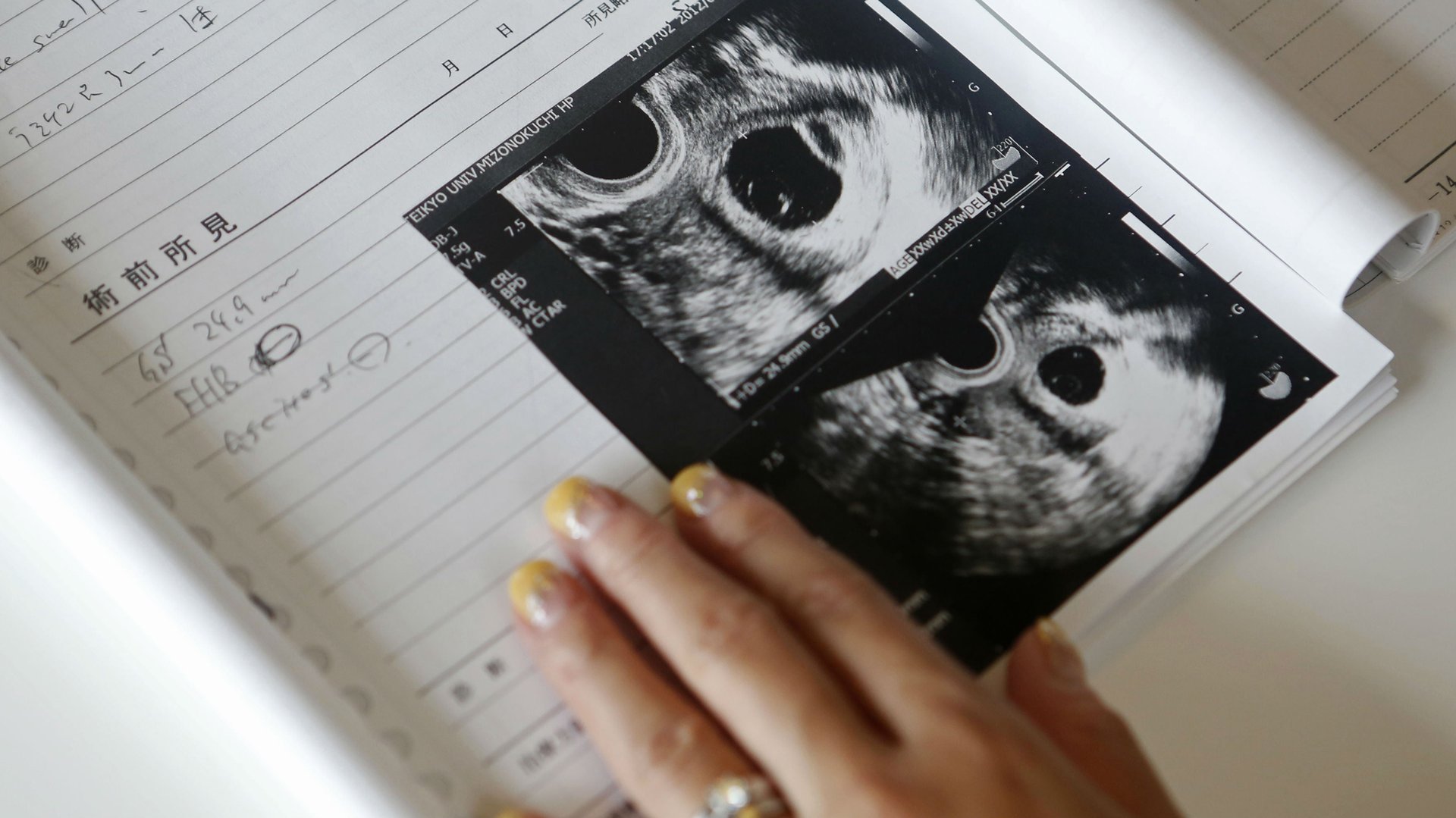What increases the likelihood of a miscarriage
Earlier this year, Mark Zuckerberg was praised for sharing the news that his wife had had three miscarriages. Miscarriages—pregnancies that terminate on their own before the 20th week of gestation—aren’t just common. They are very common. Another scientific name for miscarriages is “early pregnancy loss”—and it seems a better definition, at least acknowledging that is a real loss.


Earlier this year, Mark Zuckerberg was praised for sharing the news that his wife had had three miscarriages. Miscarriages—pregnancies that terminate on their own before the 20th week of gestation—aren’t just common. They are very common. Another scientific name for miscarriages is “early pregnancy loss”—and it seems a better definition, at least acknowledging that is a real loss.
It is believed that up to quarter of all pregnancies end up in miscarriage, whether before or after they are clinically determined. Many result from a “chemical pregnancy,” a very early miscarriage, which generally occurs shortly after a missed period. Chemical pregnancies account for most miscarriages—estimates are as high as 50% to 60%.
In the majority of cases, there is nothing “wrong” with a woman who had a miscarriage—there is nothing she could have done differently to prevent it from happening. According to the American College of Obstetricians and Gynecologists, most of women’s activities (including falls) do not cause miscarriages.
While the cause is often unidentifiable—here are some factors that may contribute to early pregnancy loss:
Age of the mother
Maternal age at conception is linked to risk of miscarriage. According to the different results, women after 25 years of age have higher risks of miscarriages (the average age of pregnancy in the US is 25.2). A plurality of studies, none of them conclusive, found different increases in the risk depending on the mother’s age.
According to a study published in BJOG: An International Journal of Obstetrics & Gynaecology, compared to a 25-year-old woman, a woman who’s between 35-39 is 75% more likely to experience a miscarriage, and the risk is five times higher after 40. Other data, however, place the risk lower—at double or three times after 40.
Age of the father
While often overlooked, the father’s age is also important when conceiving. The data are not as disparate as with mothers, and several studies see an increased risk of miscarriage between 60-75% when the father is over 40, and about 90% more likely when he’s over 50.
Previous miscarriages
A history of miscarriages does increase the chances of future miscarriages. Though the likelihood of a successful pregnancy is still over 90% after one miscarriage, that might halve after three consecutive miscarriages (pdf), and go down to 20% after seven.